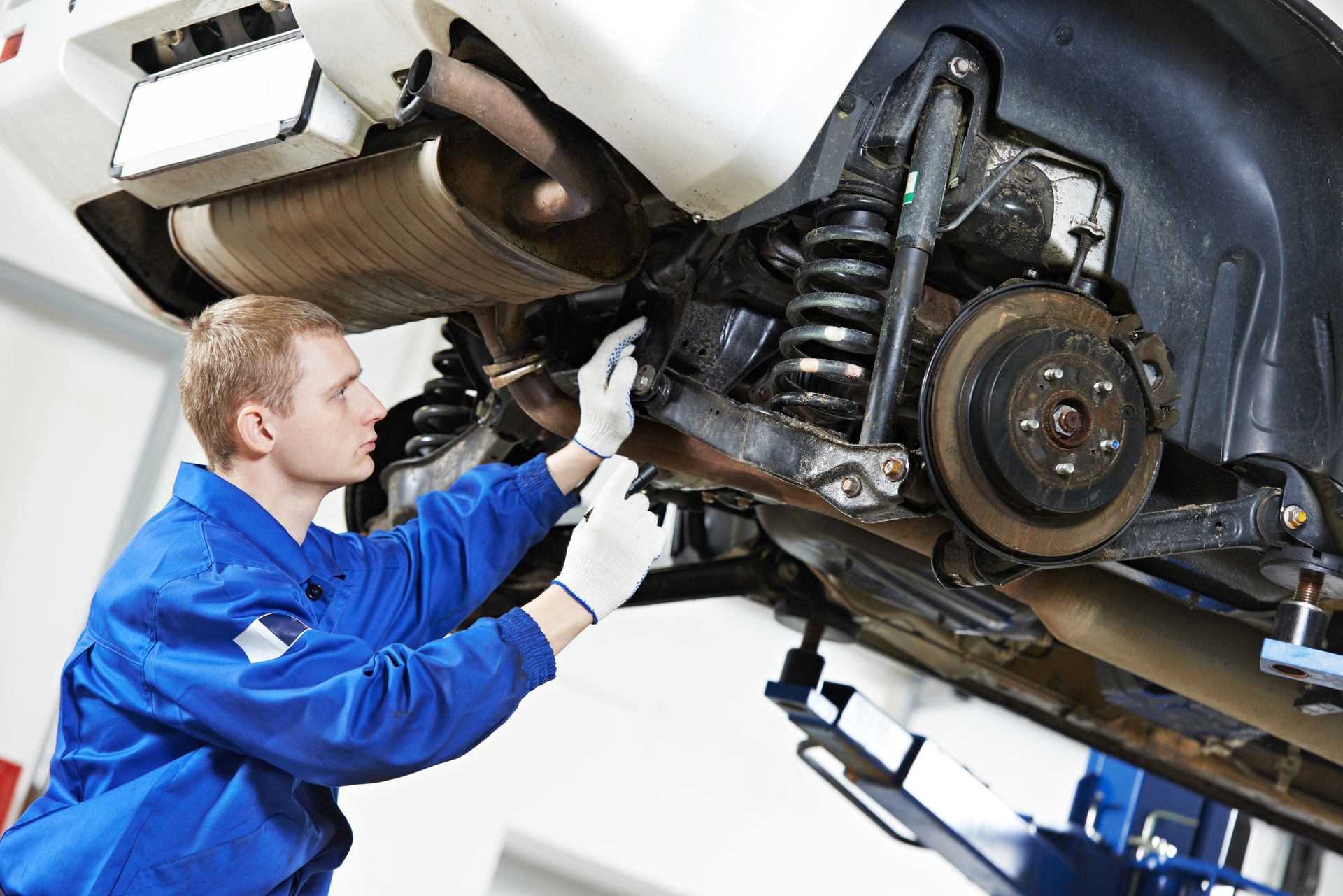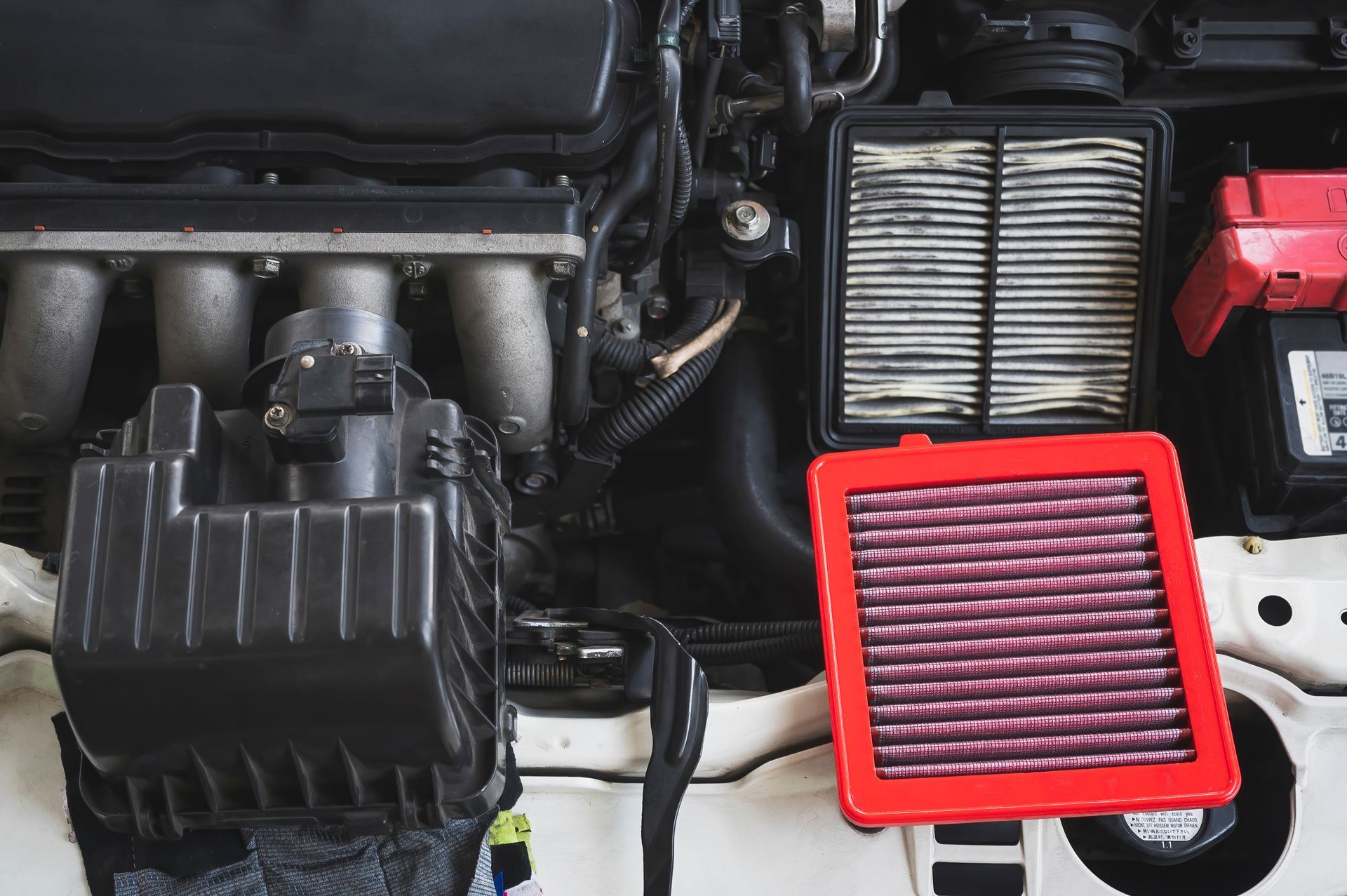
Driving through the Rocky Mountains can be an exhilarating experience, offering breathtaking views and challenging terrain. However, the higher you go, the more your car has to adapt to the changing conditions. Higher elevations can significantly impact your vehicle's performance, and it's crucial to understand these effects to ensure a smooth and safe journey. We'll explore the various challenges cars face at higher altitudes and provide tips on how to prepare for and mitigate these issues.
Reduced Engine Performance
One of the most noticeable impacts of higher elevations is the reduction in engine performance. As you ascend, the air becomes thinner, containing less oxygen. Since internal combustion engines rely on a precise mix of fuel and air to generate power, the reduced oxygen levels mean less efficient combustion. This can lead to a noticeable drop in engine power and acceleration. Your car may feel sluggish, especially when climbing steep inclines.
To combat this, modern vehicles are equipped with electronic fuel injection systems that automatically adjust the air-fuel mixture. However, the adjustment has its limits, and you might still experience reduced performance. Keeping your engine well-maintained and ensuring your air filters are clean can help mitigate some of these effects.
Fuel Efficiency Takes a Hit
At higher elevations, your engine has to work harder to maintain the same level of performance, leading to increased fuel consumption. The thinner air also means your car's aerodynamics are less efficient, further contributing to decreased fuel efficiency. You might find yourself filling up more frequently than usual when driving in mountainous areas.
To improve fuel efficiency, drive at a steady pace and avoid aggressive acceleration and braking. Using cruise control on highways can help maintain a consistent speed and reduce fuel consumption. Additionally, ensure your tires are properly inflated, as underinflated tires can increase rolling resistance and reduce fuel economy.
Cooling System Strain
The cooling system in your car plays a vital role in preventing your engine from overheating. At higher elevations, the cooling system can be put under additional strain due to the lower boiling point of fluids and the increased workload on the engine. This can lead to overheating, especially during prolonged uphill drives.
Before heading to higher altitudes, make sure your cooling system is in top condition. Check the coolant levels and inspect for any leaks or damage. Using a cooler with a higher boiling point can provide extra protection against overheating. It's also a good idea to take regular breaks during long drives to give your engine a chance to cool down.
Brake Performance and Maintenance
Driving in mountainous regions often involves steep descents, putting extra strain on your car's braking system. Prolonged use of brakes on downhill stretches can lead to brake fade, where the brakes become less effective due to overheating. This can be a serious safety hazard if not addressed.
To prevent brake fade, use engine braking by downshifting to a lower gear when descending steep hills. This reduces the reliance on your brakes and helps maintain a safe speed. Ensure your brake pads and rotors are in good condition before embarking on a trip to higher elevations. Regular brake maintenance is crucial for safe driving in these conditions.
Tire Pressure and Performance
Tire pressure can fluctuate with changes in altitude as well. As you ascend, the air pressure decreases, causing the air inside your tires to expand. This can lead to overinflated tires, which can affect handling and increase the risk of a blowout. Conversely, descending from high elevations can result in underinflated tires.
Check and adjust your tire pressure before and after driving through significant altitude changes to maintain optimal tire performance. Keeping a portable tire inflator and pressure gauge in your car can be incredibly useful for this purpose. Properly inflated tires ensure better handling, improved fuel efficiency, and reduced risk of tire-related issues.
Battery Efficiency
Car batteries can also be affected by higher elevations. The reduced oxygen levels and colder temperatures at higher altitudes can impact battery performance, leading to decreased efficiency and a higher risk of battery failure. This is particularly important for older batteries that may already be nearing the end of their lifespan.
Before heading to higher elevations, have your battery tested to ensure it's in good condition. If your battery is more than three years old, consider replacing it to avoid any unexpected issues. Keeping your battery terminals clean and free of corrosion can help maintain optimal performance.
Ensure your car is ready for any elevation. Visit LightHouse Automotive for a comprehensive vehicle check-up. Our experts will inspect your engine, cooling system, brakes, and tires to ensure you're prepared for high-altitude driving.








.jpeg)

